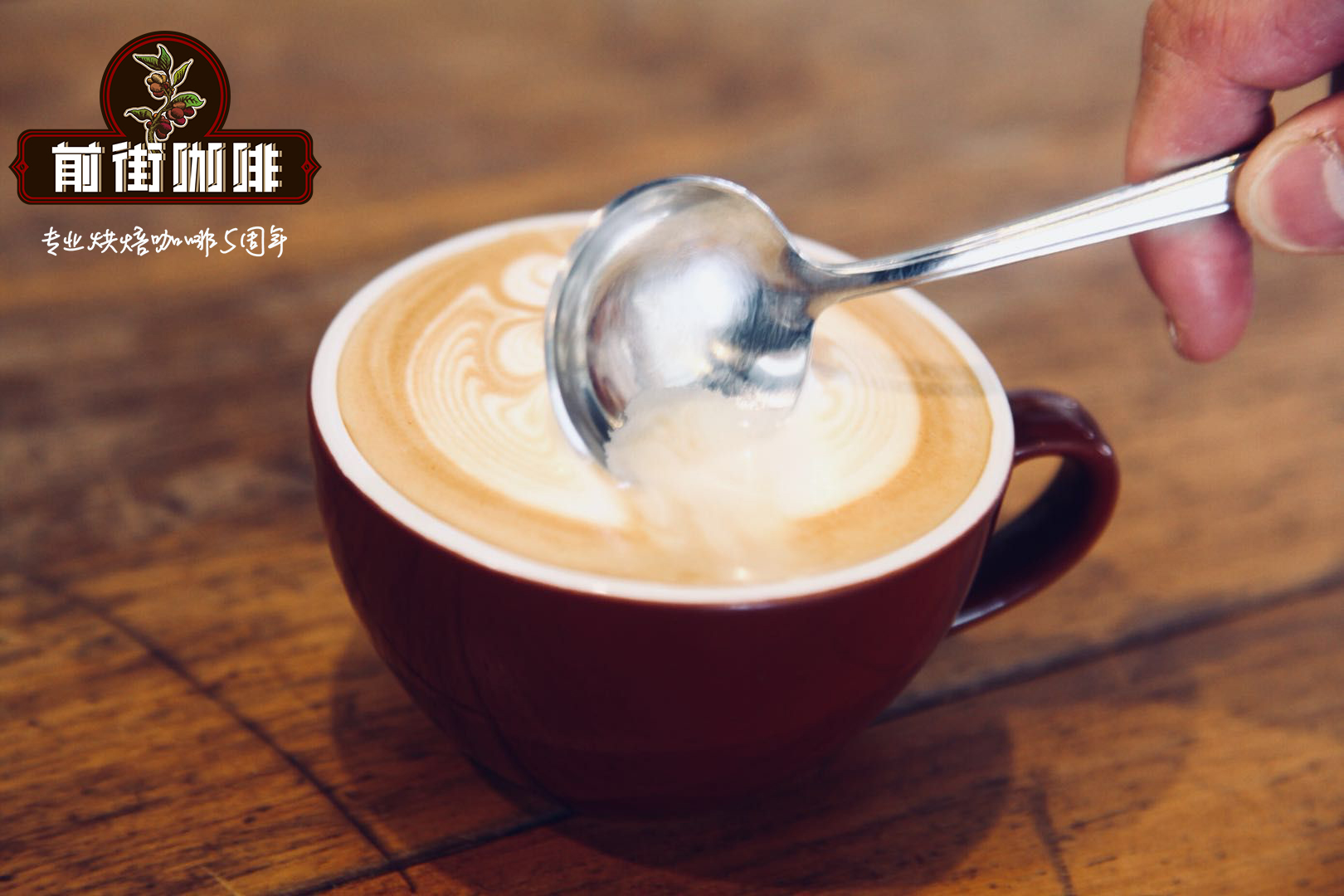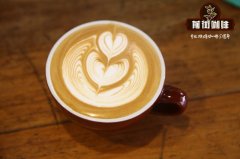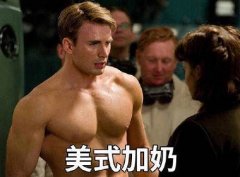A 17th century Caramel Macchiato-, a caramel macchiato with history.

Professional coffee knowledge exchange more coffee bean information please follow the coffee workshop (Wechat official account cafe_style)
Years of Starbucks have been drunk for nothing! It turns out that caramel macchiato should be drunk like this!
"it's wrong to ask Grande for a glass of Iced Green Tea Latte." In the streets of Hong Kong, where there is a coffee shop, there are queues. Whether you are IFC Zhang Zhilin or a non-WTO college student, a cup of Caramel Macchiato in your left hand and a latest space gray MacBook in your right hand have become an indicator of Hong Kong people's attitude towards life.
In retrospect, when I lived in Britain, coffee also had a certain "social status". Unlike afternoon tea and milk tea, English coffee is not a refreshment for a lunch break, but a higher level of spiritual life.
Is it that exaggerated? Let's look at it from the perspective of history. According to legend, Britain is one of the first countries in the world to import coffee. According to historical records, coffee was first brought to Britain from Turkey by John Evelyn in 1637.
In 1650, Britain's first coffee shop, called Angel, was set up in Oxford to provide guests with a short rest and bring refreshing coffee like angels to college students and professors who often sue Dadan, immediately sweeping coffee and cafes all over Britain.
Cafes emerged with a strong cultural and academic background, and then developed into a place of exchange for intellectuals. When you sit in a cafe, you can have a drink with your friends for a dime, talk about heaven and earth and exchange literature and art, making the bitterness of coffee a unique British book flavor, and gave the cafe a nickname-Penny University.
As the saying goes, the prosperity of cafes is the envy of other peers. Gentlemen no longer linger in dusty places such as bars and change their bad habit of drinking alcohol to drinking elegant and generous coffee. Bars, taverns and so on were very angry about this and attacked it together.
The cafe's setbacks don't stop there. Coffee didn't trigger the Opium War as much as tea, but the cafe craze triggered a century problem that still can't be solved: the war between men and women. It is said that at that time, women were not allowed to enter British cafes, and the chatting behavior of going to cafes was regarded as boring and unproductive, so in 1674 women gathered and published a petition for Women to boycott Cafe, pointing out that coffee tea was poisonous and even made human beings extinct, making men face the crisis of sputum cans, twisting their ears and kneeling glass.
Even if gentlemen stick to their love for coffee and cafes and ignore the opposition of the people on the pillow, they are no match for the English emperor Charles II. The gathering of people of insight made Charles II worry that the coffee shop would become a hotbed of revolution. Finally, in 1675, he used the petition for Women to boycott the Cafe as an excuse to order all the cafes to close in one breath, so that the coffee shop slowly died down.
Until the 18th and 19th century, coffee culture was forced to give way to tea and afternoon tea culture, and the British changed their attitude towards leisure. In the 1950s and 1960s, with the emergence of popular culture and fast-food cafes, coffee culture gradually regained its status in the catering world in Britain.
When you come to Hong Kong today by time machine, the cafe seats are full of hard-working students, business owners, dating couples and tourists carrying a bag or two bags of trophies. Of course, many people with good taste of life call a cup of take away Caramel Macchiato (remember to place orders in English). In the coffee shop, not only the coffee beans are in blend, but the multiculturalism that has gone through history is also stirring.
What is the meaning of caramel Caramel Macchiato in English? The difference from a caramel latte?
Important Notice :
前街咖啡 FrontStreet Coffee has moved to new addredd:
FrontStreet Coffee Address: 315,Donghua East Road,GuangZhou
Tel:020 38364473
- Prev

How to order caramel macchiato in Starbucks in English? Does caramel macchiato taste good?
Professional coffee knowledge exchange more coffee bean information please follow the coffee workshop (Wechat official account cafe_style) for many years Starbucks drank for nothing! It turns out that caramel macchiato should be drunk like this! Three English classes to Starbucks Starbucks is the largest coffee chain in the world. They have developed many special drinks and have also created unique terms, different sizes and types of coffee.
- Next

Can you lose weight by drinking American coffee? It turns out that American coffee has such low calories?
Professional coffee knowledge exchange more coffee bean information please follow the coffee workshop (Wechat official account cafe_style) American coffee _ what is American coffee calories? In order to relieve the boredom of life and help people wake up to work, it is not uncommon for modern people to have one or two cups of coffee a day, but many coffee owners may not have the right concept of coffee. What kind of coffee should they choose? A few more drinks a day.
Related
- Beginners will see the "Coffee pull flower" guide!
- What is the difference between ice blog purified milk and ordinary milk coffee?
- Why is the Philippines the largest producer of crops in Liberia?
- For coffee extraction, should the fine powder be retained?
- How does extracted espresso fill pressed powder? How much strength does it take to press the powder?
- How to make jasmine cold extract coffee? Is the jasmine + latte good?
- Will this little toy really make the coffee taste better? How does Lily Drip affect coffee extraction?
- Will the action of slapping the filter cup also affect coffee extraction?
- What's the difference between powder-to-water ratio and powder-to-liquid ratio?
- What is the Ethiopian local species? What does it have to do with Heirloom native species?

